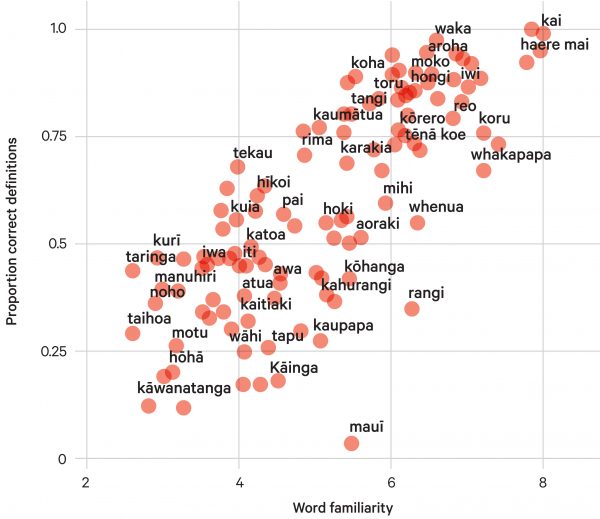Adapt, or else
Our native birds aren’t as stupid as we thought they were, at least not all of them. As you will know, New Zealand’s fauna, evolving in the absence of mammals, developed a certain complacency; becoming tame, sluggish in their breeding habits, losing the ability to fly, getting fat.
Caught in an “evolutionary trap”, our native birds have often been regarded as doomed, their survival depending on the elimination of mammalian pests, which isn’t always possible. However, research on bellbirds by Melanie Massaro and James Briskie from the University of Canterbury suggests otherwise. Their study compared the parental behaviour of bellbirds in three different environments, where there were varying levels of mammalian predators.
And as their study revealed, the more pests there were, the less likely an incubating bird was to attract attention, such as by flying to and from the nest. Instead, it adopted the kind of stay-at-home behaviour similar to the honeyeaters in Tasmania, which evolved alongside native predators. It may not sound like a big deal, but it suggests that the bird is capable of changing its ways. “Island species are often thought to lack the ability to adapt to novel predators,” writes Massaro et al, “but our data suggests that at least some traits have shifted or are plastic in response to predation risk in ways that appear adaptive.”
This could have implications for conservationists eager for native species to thrive in areas other than fenced-off conservation blocks and offshore islands. If contemporary evolution is a response to the presence of mammalian predators, it might be better in the long run to allow the native and exotic species to interact at a level that induces the adaptation, rather than getting rid of the pests entirely.

















